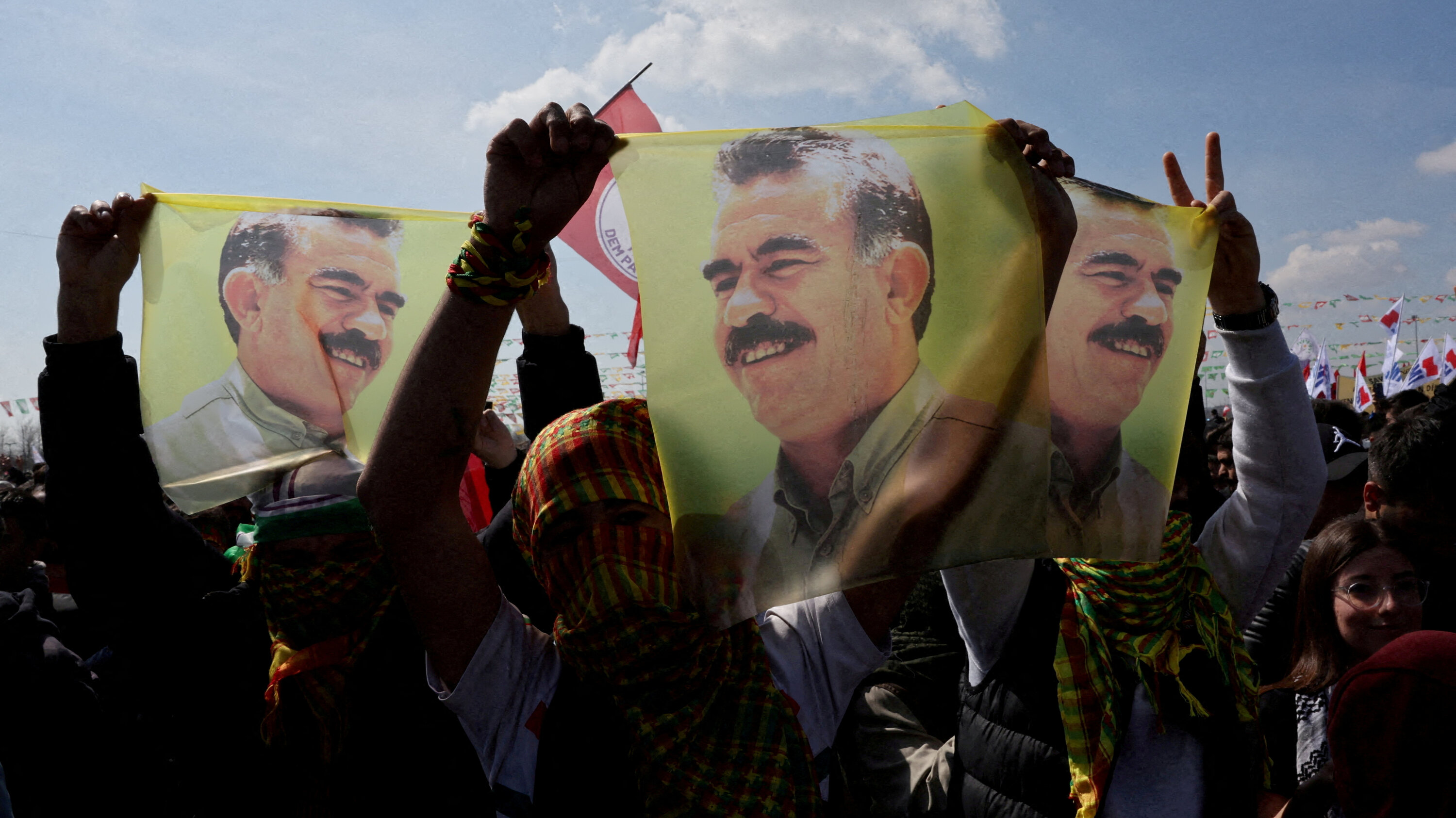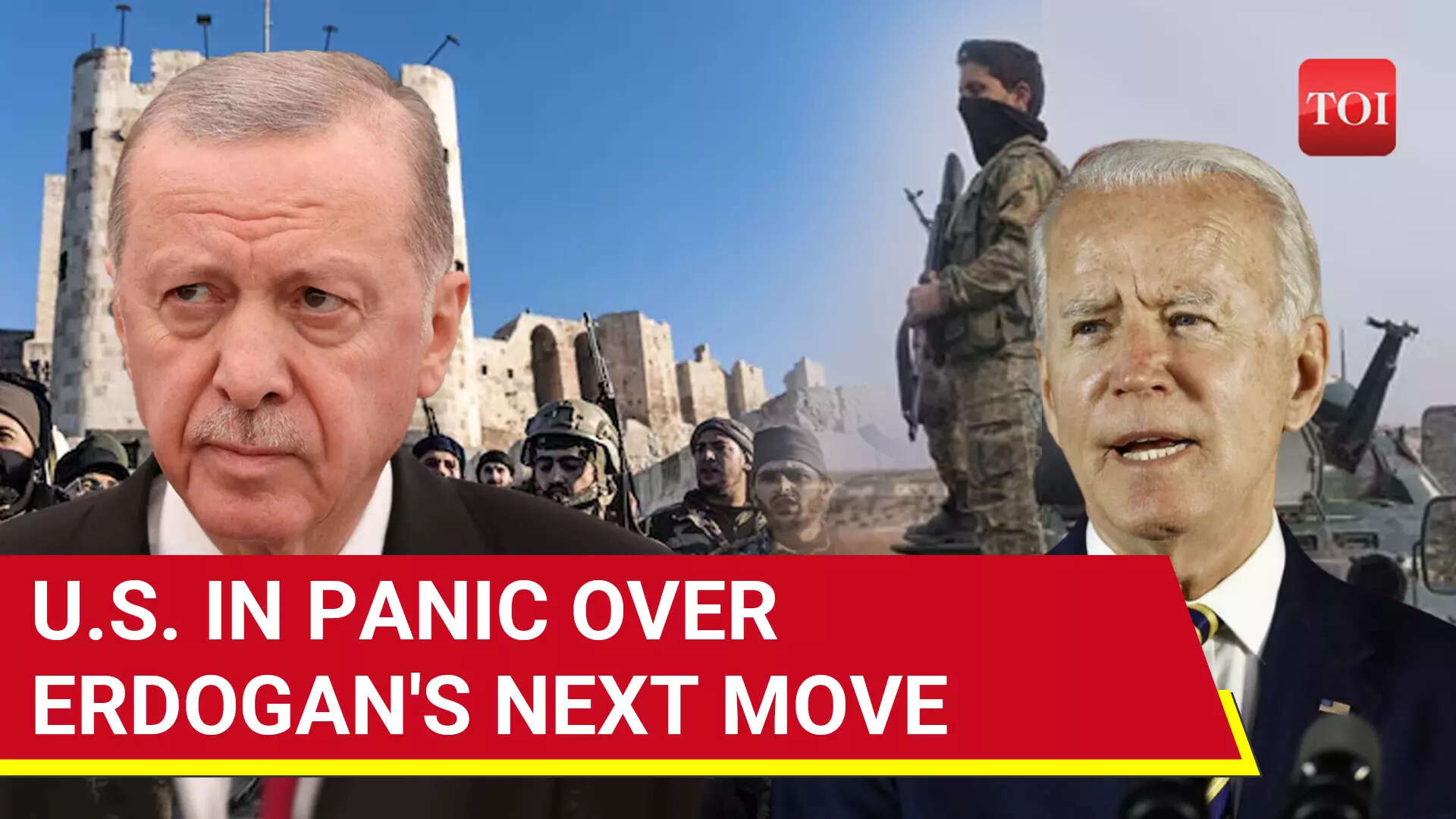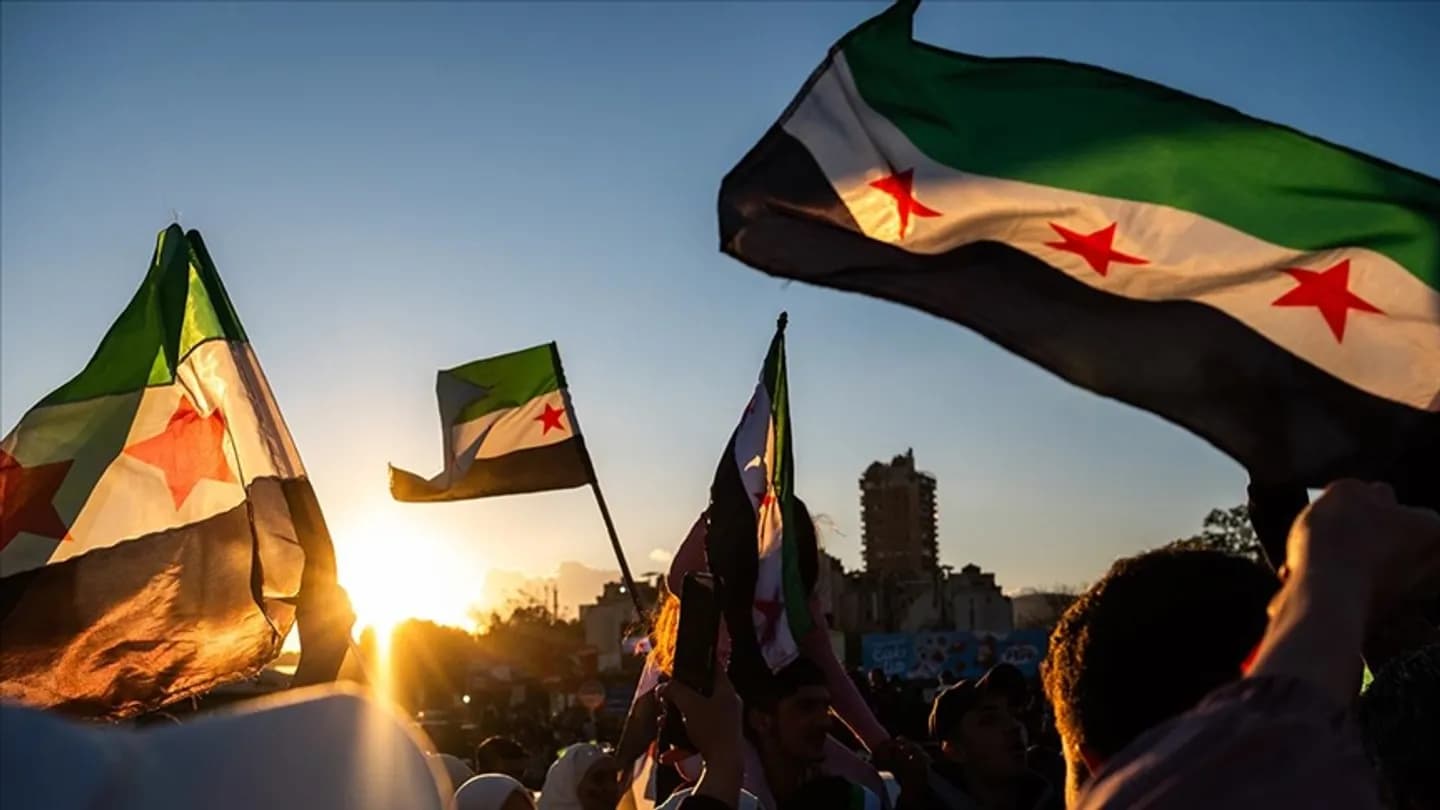Syria Withdraws from Paris Talks, Blames Kurds for Violating Peace Agreement
The Syrian government has officially withdrawn from talks in Paris aimed at negotiating peace with Kurdish representatives, citing a breach of the March 10 agreement. The announcement comes amid heightened tensions between the Syrian state and the Kurdish-led Syrian Democratic Forces (SDF), which the government accuses of harboring separatist ambitions.
Background & Context
The backdrop of this diplomatic rift is a complex and fraught history between the Syrian government and Kurdish groups, particularly the SDF. Formed during the Syrian Civil War, the SDF has emerged as a key player in the fight against ISIS, but its aspirations for autonomy have been met with resistance from Damascus. The March 10 agreement was intended to lay the groundwork for a peaceful coexistence, but the Syrian government’s recent condemnation of the Paris talks reveals a significant setback in these efforts.
Hosting figures it deems separatist, the Syrian government argues, undermines the spirit of the agreement and poses a direct challenge to national unity. The conference in Paris, which took place on Friday in the predominantly Kurdish city of Hasakah, featured notable speeches from prominent leaders, including Sheikh Hikmat al-Hijri, a respected Druze spiritual leader, and Sheikh Ghazal al-Ghazal, head of Syria’s Alawite Islamic Council. Their participation underscores the diverse factions within Syria that are navigating the tumultuous landscape of post-war governance.
Key Developments
In a statement released following its withdrawal, the Syrian government condemned the Paris conference as a "clear violation" of the previous agreements. It accused the SDF and its leadership of being fully responsible for the ramifications of this diplomatic breakdown. This rhetoric signals a hardening of positions on both sides, with the Syrian government unwilling to tolerate any perceived threats to its sovereignty.
The conference itself was characterized by a series of speeches that sought to unify various ethnic and religious groups within Syria, emphasizing the need for a collective approach to governance. However, the Syrian government’s quick dismissal of the talks reflects its ongoing distrust of the SDF and its allies, viewing them as agents of foreign influence rather than legitimate stakeholders in Syria’s future.
\n\n
Image for Syria Withdraws from Paris Talks, Blames Kurds for Violating Peace Agreement
Broader Impact
The withdrawal from the Paris talks could have significant implications for the broader geopolitical landscape in the region. Analysts suggest that this move may embolden the Syrian government to take a more aggressive stance against Kurdish forces, potentially leading to renewed military confrontations. The SDF, which has been a crucial ally of the United States in the fight against ISIS, may find itself increasingly isolated if diplomatic channels remain closed.
Moreover, this incident highlights the fragile nature of peace agreements in Syria, where local, regional, and international interests often collide. As previously reported, similar situations have arisen in other conflict zones, where peace talks falter due to the deep-seated mistrust between factions. The dynamics in Syria echo the complexities seen in other regions, such as Ukraine, where competing national narratives and external interventions further complicate efforts for reconciliation.
What"s Next
Looking ahead, the immediate future for Syrian-Kurdish relations appears bleak. The Syrian government’s position suggests that it will not engage in further talks unless it perceives a genuine commitment from Kurdish leaders to abandon any separatist aspirations. The SDF, for its part, may need to recalibrate its strategy in response to this diplomatic setback, potentially seeking new alliances or negotiating terms that could reassure the Syrian government of its intentions.
As the international community watches closely, the ramifications of this withdrawal could extend beyond Syria’s borders, affecting regional stability and the ongoing fight against ISIS. The situation remains fluid, and further developments are likely as both sides navigate these turbulent waters. Observers will be keenly attuned to any signs of renewed dialogue or, conversely, an escalation of hostilities in the coming weeks.

Image for Syria Withdraws from Paris Talks, Blames Kurds for Violating Peace Agreement


![[Video] Heavy clashes and gunfire reported in Baghdad, Iraq](/_next/image?url=%2Fapi%2Fimage%2Fthumbnails%2Fthumbnail-1768342239932-848qsh-thumbnail.jpg&w=3840&q=75)




![[Video] Gunfire between Iraqi security forces and Sadr militias in Baghdad](/_next/image?url=%2Fapi%2Fimage%2Fthumbnails%2Fthumbnail-1768343508874-4redb-thumbnail.jpg&w=3840&q=75)
